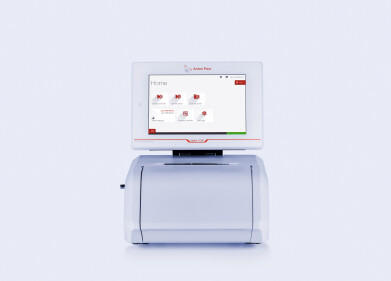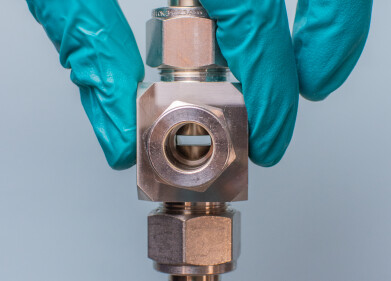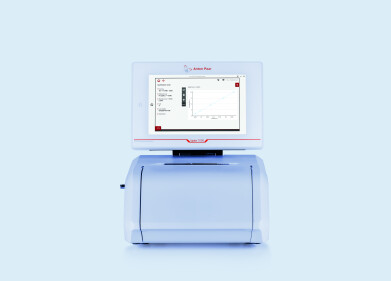Mass Spectrometry & Spectroscopy
What Exactly is Proteomics?
Sep 09 2021
Living organisms rely on proteins to carry out everyday functions, from growing muscles to regulating vital organs. Every living organism produces its own unique set of proteins, which are collectively referred to as a proteome. The study of proteomes is known as proteomics and is fundamental to our understanding of how living organisms support life.
As well as referring to the proteome of a living organism as a whole (for example, the human body), the proteomes of individual cells, tissues and systems (for example the liver of a rodent, a certain species of mushroom or the set of all expressed proteins in a bacterium such as Clostridium) may also be studied.
Proteomics and the human body
While the exact figure isn’t known, scientists estimate the human body contains up to 400,000 proteins. This enormous proteome is what allows the body to grow, repair and regular tissues and organs. Ideally, the human proteome should keep the body functioning efficiently. However, this isn’t always the case. This is where proteomics, the holistic study of all proteins produced by a living organism, comes in.
The core goals of proteomics
- Identifying individual proteins
One of the core goals of proteomics is to identify individual proteins, where they’re found and how many times they’re expressed.
- Production rates and availability
Proteomics is also concerned with the rates at which individual proteins are produced, how fast they degrade and whether they’re readily available to the living organism or system being studied.
- Modification
When studying the proteome or an organism or system, scientists will investigate how proteins are modified and whether this affects function.
- Interactions
Mapping how different proteins interact with each other is a key goal of proteomics.
Why does proteomics matter?
Proteomics is used to develop a detailed understanding of how an organism, cell or system functions. Here’s why it matters:
- Developing new drugs and therapies
Many drugs work by interacting with proteins and altering how the human body functions.
- Understanding biological functions
Proteomics is used to develop an in-depth understanding of how an organism or system functions. This allows scientists to address and solve biological problems. For example, mapping which proteins are used to regulate the circadian rhythm may help to develop treatments for issues such as delayed sleep phase disorder.
The ever-changing proteome
It’s important to understand that the proteome is continually changing and evolving. Scientists are continually developing new ways to study the proteome and advance modern proteomics. Gary Kruppa, a representative from US-based scientific instruments manufacturer Bruker Daltonics, introduces some of the latest developments in ‘dia-PASEF: A Result of the Co-evolution of Mass Spectrometry and Proteomics’.
Digital Edition
Lab Asia 31.6 Dec 2024
December 2024
Chromatography Articles - Sustainable chromatography: Embracing software for greener methods Mass Spectrometry & Spectroscopy Articles - Solving industry challenges for phosphorus containi...
View all digital editions
Events
Jan 22 2025 Tokyo, Japan
Jan 22 2025 Birmingham, UK
Jan 25 2025 San Diego, CA, USA
Jan 27 2025 Dubai, UAE
Jan 29 2025 Tokyo, Japan



















